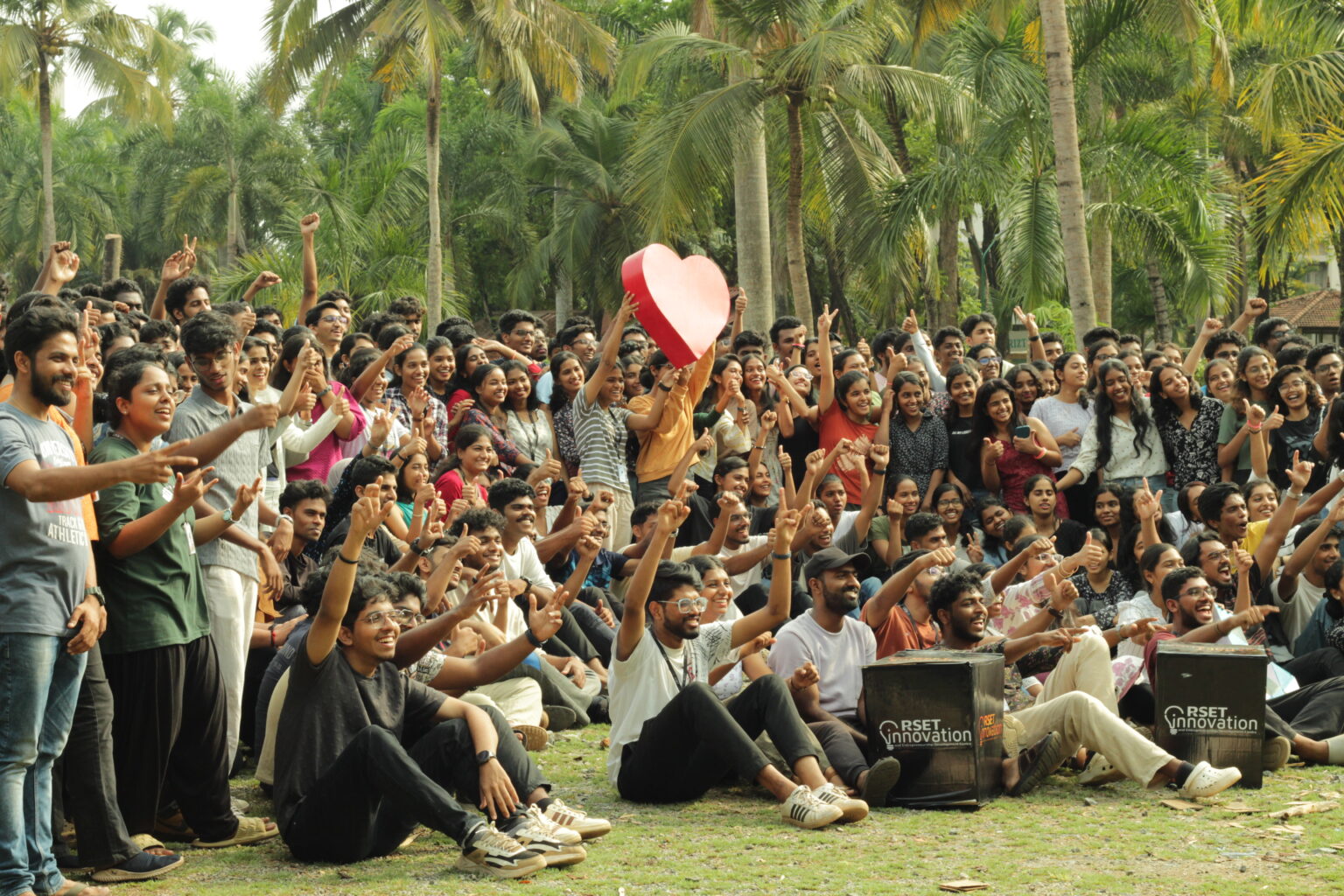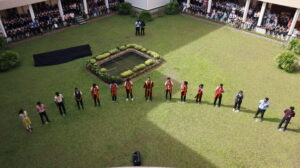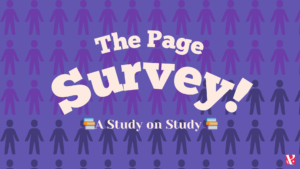PC: RSET IEDC Media
One tends to think that hackathons are not for the faint of heart—the caffeine-fueled all-nighters, the multiple laptops open on various IDEs, the odd Linux user, and of course, the last-minute debugging to scramble together a lopsided, yet somewhat functioning output. It’s all very intimidating, even to myself—a 21-year-old whose primary discipline is Computer Science. Yet I find myself to be on a very overcrowded boat; the quiet awe and respect for regular hackathon goers stretches far beyond just my personal notions. It’s in fact the very thing that often holds many of my peers back.
Gone are the days where one had to politely request for help on StackOverflow after having shown proof of their working. The era of the hardworking man is over. With AI being at the forefront of every industry, every task has become exponentially easier—and coding is no exception. If anything, hackathons should be easier to participate in than they were ten years ago, with the barrier to entry being the lowest it has ever been.
HackS’US Edition IV was a 36 hour hackathon conducted from the 14th to the 16th of March by RSET IEDC and IIC—coincidentally falling upon the same date as the Game Jam conducted by the IEEE Student Branch. All in all, the air was thick with the spirit of innovation and competition. A few members of The Page were present on the premises on the night of the 15th to witness the event live. The venues—the new canteen and Chavara Hall—were bustling with volunteers, mentors, and participants.
Most teams were already neck deep in their work by then. We spoke to Roshan Sherry and Ronn Mathew from Team Aventus about their idea FoodFit, based upon the theme, which was SDG 12 – Responsible Consumption and Production.
“Where do we waste food the most? At home, right? When you order in food, you tend to order more than what you need, due to not knowing portion sizes, thus leading to food wastage.” Their solution was to standardize food portions by predicting how much an individual consumes for each model. When asked about what tools they were using to bring their idea to life, they laughingly admitted to using ChatGPT, Claude.AI and Bolt—an AI tool to deploy full stack web and mobile applications.
Lynn, from Team 7, had the idea to discourage people from using food delivery apps and to concentrate on making home-made healthy meals more accessible to everyone, especially gym-goers. Integrating Google’s Gemini, they planned on making a model that scans barcodes on food products and would provide detailed nutrition data and manufacturing dates of the product.
The second night of HackS’US was accompanied by a campfire, a temporary retreat for the participants to escape from the stress and tension. Strolling through the decor set up for the event led us to Mr.Shifan Sherif Parammel, the ex-CEO of RSET IEDC, who was present as a mentor. HackS’US 3.0 happened during his tenure, and he was at the forefront of its organization. He revealed that HackS’US 3.0 wasn’t literally the 3rd edition—in fact, there was HackS’US 1.0, 1.5, and 2.0 before it, making HackS’US 3.0 technically the fourth edition. Previous editions of HackS’US were RSET exclusive.
In 2022, RSET IEDC participated in the Innovators’ Premier League (IPL), a prestigious event conducted by the Kerala Start Up Mission, where IEDC centers all across Kerala compete against each other. Having emerged as the champions, they were offered the opportunity to conduct a state-level hackathon. This series of events led to the rebirth of their flagship event—HackS’US 1.5. Each edition of HackS’US challenges itself to do better and become bigger. The third edition of HackS’US saw participants from Chennai and Mumbai, elevating it to a national-level event.
Shifan fondly calls his juniors his ‘kids’, and is proud of them for having pulled off such a feat. Despite the immense pressure of not having secured a title sponsor, the event was still an astounding success, with 289 participants and 60 plus teams. The only drawback? It coincided with the end of the fiscal year, a time when most companies have already exhausted their CSR (Corporate Social Responsibility) funds, making it difficult to find sponsors. Yet, there wasn’t anything that the event lacked. There was a 24/7 food stall run by Rajagiri’s very own Garden Cafe, an ice cream truck, a recreation centre filled with an assortment of board games, as well as a gaming booth where participants could unwind with video games.
Most of the participants were running on one or two hours of sleep. For most of them, it was their first experience at a hackathon. What powered them through was the coveted prize pool of Rs. 1,00,000, and free RedBull. There were benefits just as enticing as well, such as mentorship opportunities, industry networking, investor pitch chances, and potential internship offers.
The event wrapped up on the morning of the 16th with the winners’ announcement. The first prize was secured by Team AB+, who developed a digital platform that aims to address challenges faced by rural farmers, including unfair pricing, limited market access, and inadequate agricultural insights, by providing real-time market data, AI-driven insights, and SMS notifications. Team Koda Byte won 2nd place through their addressing of young people’s disconnect from food origins, leading to increased waste and consumption habits. Their idea was to bring about an educational platform promoting sustainable farming techniques and responsible consumption. Team Carbon Byte’s AI-powered Waste Reduction System that aims to automate waste segregation, categorize waste materials, and reward users based on their waste disposal habits, came in third place. Finally, the 4th place prize was awarded to Team Click for their AI powered ride-hailing platform that integrates carpooling.
HackS’US 4.0 proved to be another feather in RSET IEDC’s cap. As Elvin, the technical coordinator, says, “It’s been a great run. I’ve been able to work with an amazing team. It’s such an encouraging environment to be in and a once in a lifetime experience.” But I’d argue that the participants walked away with something even more invaluable—the pride of having stepped out of their comfort zones. Though only a handful of people took home the cash prize, everyone went home with a feeling of accomplishment and satisfaction, and of course, the motivation to participate in future hackathons. HackS’US was the perfect launching pad for many of these young entrepreneurs, and gave them the push that they needed to venture out into a new world of technological excellence.







Very good read.